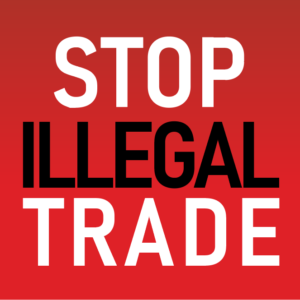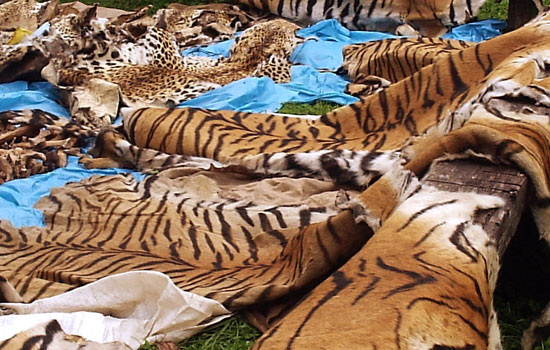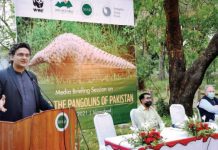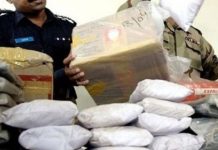Wildlife trade has been rampant in Pakistan for decades. According to the United Nations Office on Drugs and Crime (UNODC), wildlife crime is the third largest source of illegal trade after drugs and human trafficking that has destroyed socio-economic development on a global scale, creating long term devastation on our eco-system and bio diversity with an estimated impact of over USD 20 million worldwide. Pakistan is putting in a lot of efforts to boost its image as a future tourism hub of Asia. Pakistan is unable to address the growing threat of wildlife crime through illegal trade and poaching of its precious animals. The high volumes of unchecked trade and poaching of animals is a serious threat to its tourism.
Poaching has been identified as the ‘primary’ cause of extinction for some of the species like the snow leopard in the Karakoram mountains in the North of Pakistan to the African black rhino in West Africa. Other species like tigers are killed to smuggle tiger skins while elephants are butchered or poisoned to death due to a high demand in the black market for elephant tusks. Around one third species of birds are also traded illegally, along with various species of reptiles and mammals, reducing animal populations across continents.
Being an illegal activity, organized wildlife crime has spread across the country with ‘under the radar’ poaching on the rise. The scale of this activity was first analyzed by WWF in the province of Sindh as one of the first-assessments of wildlife trafficking, involving reptiles and mammals followed by an environmental assessment in 2005, in the freshwater turtle trade. UNDP further assisted by identifying illegal reptile trade in pockets of Baluchistan, in the Chaghai desert, spreading across to Dera Ismail Khan and Nowshera in KPK province.
Illegal wildlife trade through local websites has risen rapidly with Punjab taking the largest share followed by Sind Province, Baluchistan, Azad Jammu and Kashmir and GB province, with major cities including Karachi, Lahore and Rawalpindi.
The skin of these animals is sold at exuberant rates in the wholesale market. For example, common leopard skin was recorded at a sale of approximately over 200,000 PKR (USD 2,000), African lion for over 70,000 PKR (USD 700) and the snow leopard’s for about 50,000 PKR (USD 500), for single fur trimming alone.
Going forward, we need solutions to eradicate illegal wildlife trade which will help us actively revive our wildlife and tourism options for the local and international visitors to Pakistan wildlife spots across the country.
Source: Global Village Space , November 5, 2020












